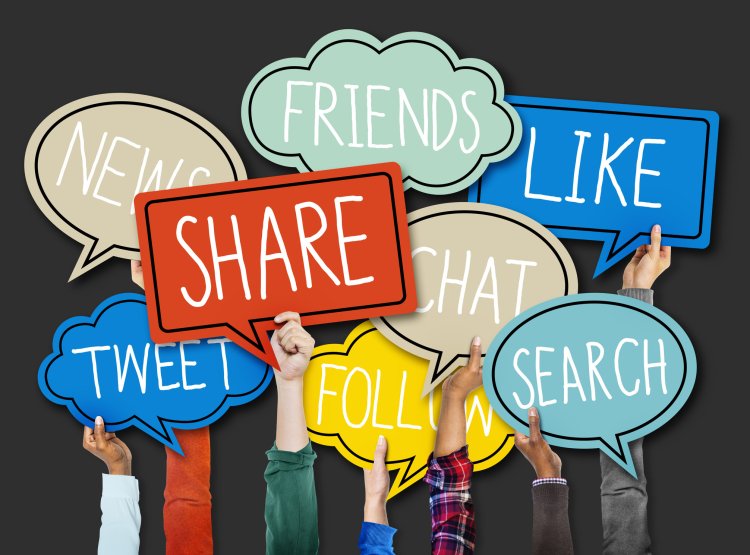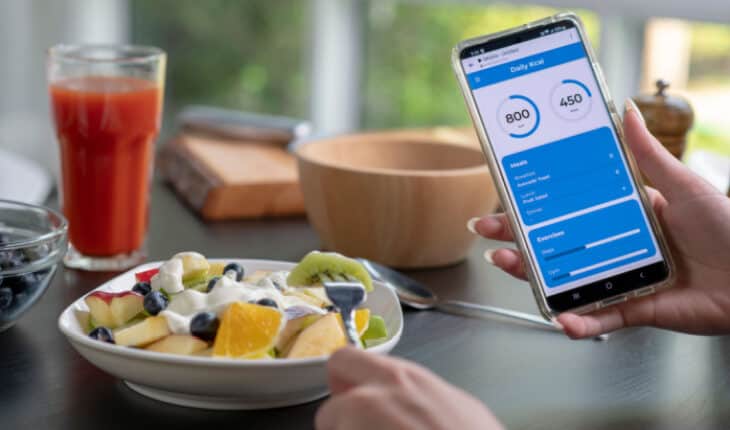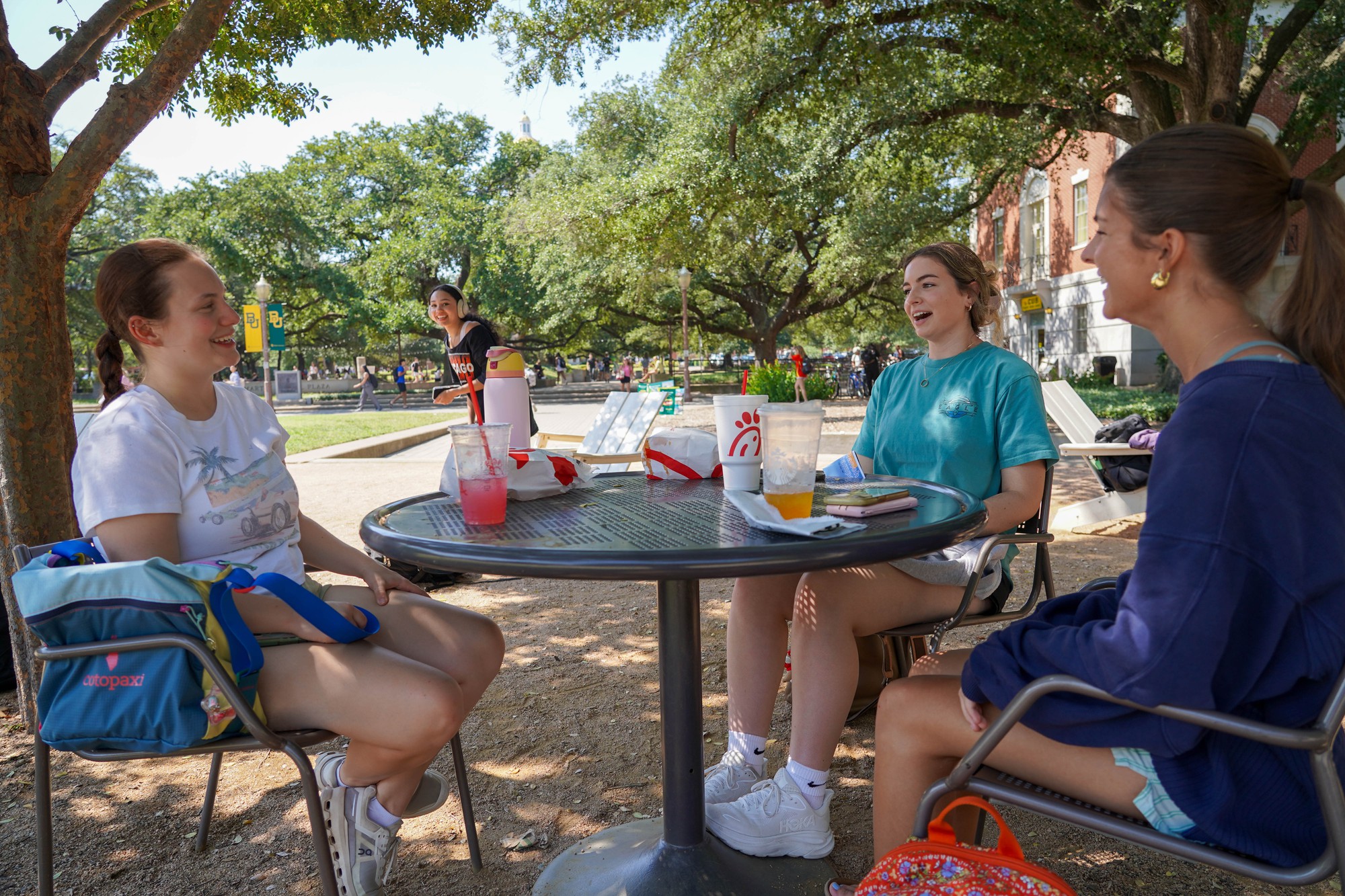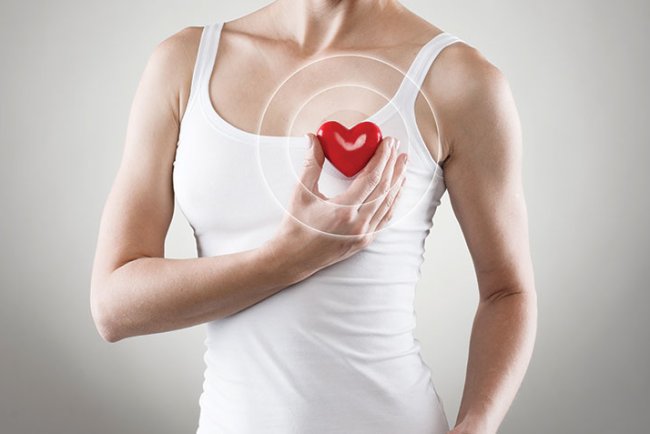Does Social Media Make You Lonely or Just Hungry for Connection?
Asking whether social media makes us lonely and depressed is a bit like asking if eating makes us fat. The short answer? Yes but not always, not for everyone, and not forever.

Like food, social media is all about the portions. A little can be delightful, even nourishing. But overload on the digital equivalent of empty calories doomscrolling, endless swiping, the late-night scroll of comparison and the aftertaste can be sharp: loneliness, anxiety, and a nagging sense that everyone else’s life is more glamorous than yours.
Social Media in Snack-Sized Servings
Here’s the good news: you don’t need to quit social media cold turkey. Research from the University of Pennsylvania suggests that limiting your daily usage to just 30 minutes can significantly improve your well-being. In a 2018 study of 143 undergraduates, those who capped their time on Facebook, Instagram, and Snapchat reported less loneliness and depression after just three weeks compared to peers who kept scrolling at will.
Even more intriguing? Simply tracking screen time proved powerful. Participants became more mindful, reporting lower levels of anxiety and that all-too-familiar FOMO (fear of missing out). One student summed it up perfectly: “I ended up using [social media] less and felt happier… I could focus on school and not be as wrapped up in what everyone else was doing.”
Building a Better “Social Media Diet”

So, how do you snack without overindulging? The first step is mindfulness. Ask yourself: Why am I opening Instagram right now? Am I looking for connection, distraction, validation? If your scrolling is standing in for real-life nourishment like calling a friend, reading a book, or even taking a slow walk consider swapping the app for something more sustaining.
And remember, not all platforms are created equal.
Facebook often leans into comparison, with curated posts that can leave us quietly questioning our own lives.
Instagram allows for more creative expression but can still stoke envy.
X/Twitter (or whatever it’s called today) thrives on conversation but can also be a breeding ground for trolls.
Dating apps can deliver genuine connection or a dizzying sense of rejection fatigue.
Choose your platforms the way you’d choose dinner guests: selectively, based on whether they actually leave you feeling good.
Vulnerability, Loneliness, and the College Connection

Certain groups are especially vulnerable to the isolating effects of social media. College students, for example, face intense academic and social pressures. A 2017 survey of nearly 48,000 students found that 64% had felt “very lonely” in the past year. For someone already struggling to find a foothold, a feed full of highlight reels can deepen feelings of inadequacy.
Which is why self-awareness matters so much. If scrolling leaves you feeling hollow instead of connected, it’s a signal: time to scale back.
The Ironic Truth: Less Social Media, More Connection
That Pennsylvania study revealed something wonderfully ironic: cutting back on social media the very thing designed to keep us “connected” actually helps people feel less lonely and depressed. Turns out, when we stop snacking on digital crumbs, we make space for full, nourishing meals of human interaction.
So here’s the takeaway: when it comes to social media, less really is more. Treat it like dessert, not dinner. A little can be delicious, but your soul and your sanity need more substantial fuel.
What's Your Reaction?




















